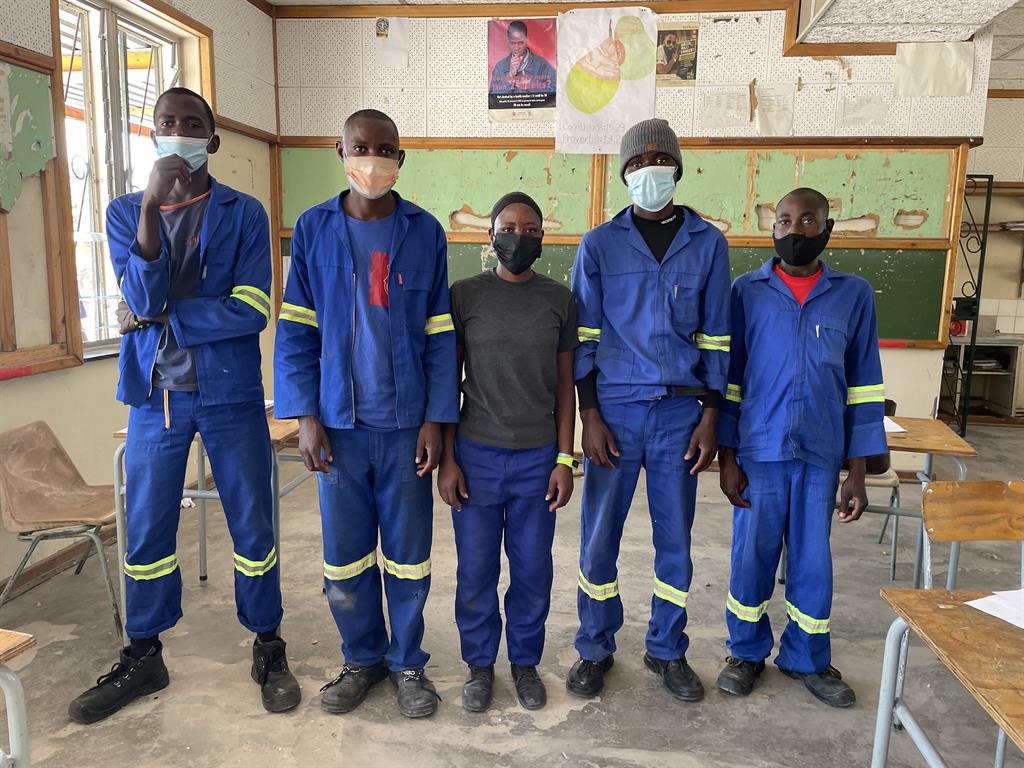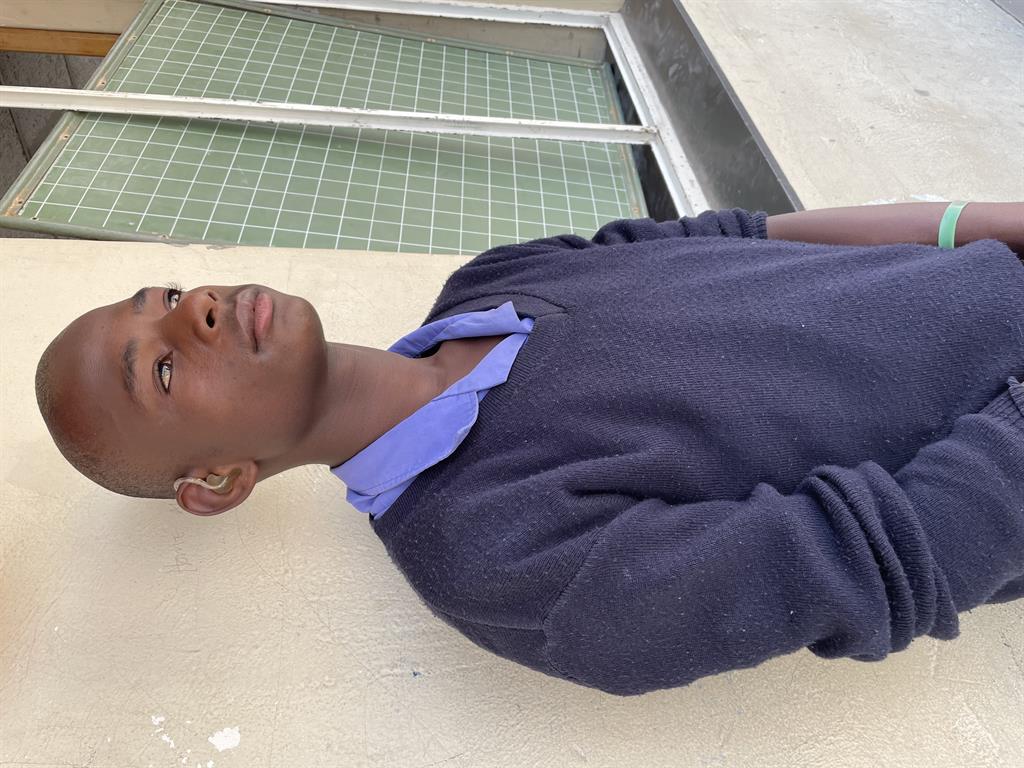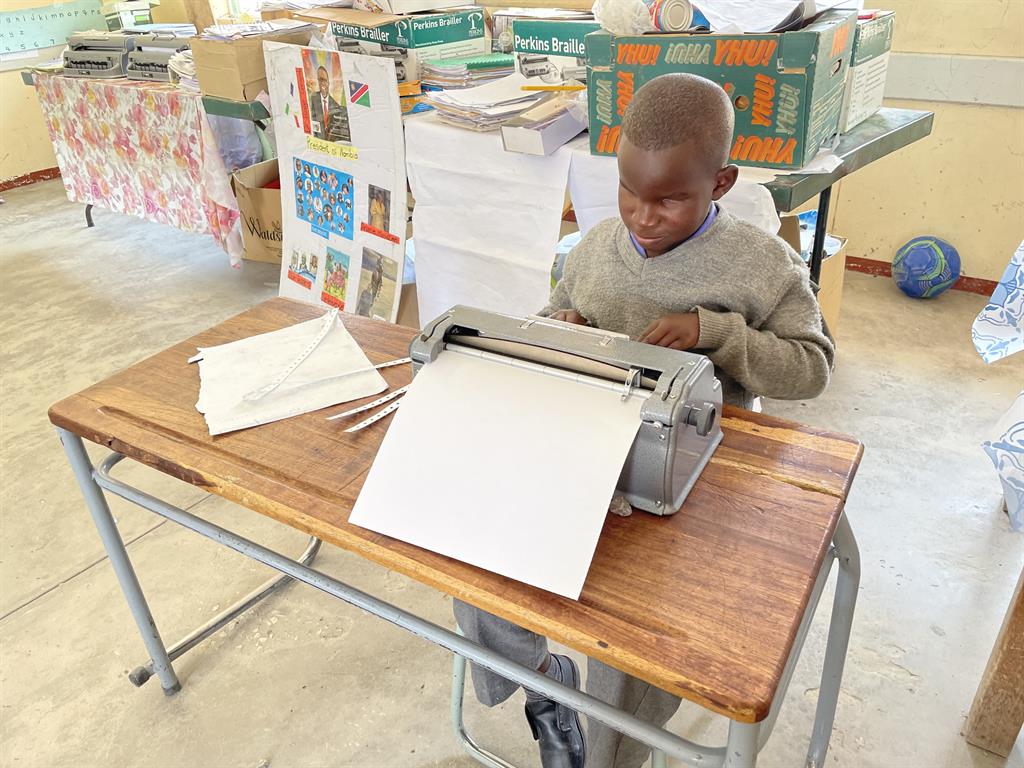Inclusivity at its best
Eluwa Special School in Ongwediva has been the home of learners with hearing and visually impairments and aims at being their voice in a society that does not accommodate deaf and blind people.
Tunohole MungobaWith a total of 95 visually impaired learners and 209 hearing-impaired learners, Eluwa Special School commits themselves to provide equal opportunities to all their learners and staff members to develop their full potential.
Linea Kapofi, a hearing-impaired teacher at the school, says more teachers should consider learning the skill of sign language.
“In the late 1970s, the number slowly started picking up and teachers were given basic sign language training in Eenhana. A lot of teachers were being recruited to teach sign language and back in the day, teachers were not required to have a degree.
“However, the first generation of sign-language teachers have retired and the quality of education has also improved,” says Kapofi.
Kapofi says sign language back then was basic, not in-depth and lacked structure.
“Today, we focus more on structure, signing and the deaf culture. It is still a big challenge, however, and we still have a long way to go. There are a lot of inequalities for the deaf community and they try to navigate a world meant for the hearing.”
There has been an increase in “units” within mainstream schools that now offer sign language and Kapofi says this is beneficial as it still offers learners the experience of having to normal 07:00 to 13:00 school day and then going home.
Kapofi says the end goal for the deaf community would be teaching all service providers sign language.
“We need lawyers, doctors, police officers and teachers to know at least basic sign language. Deaf people need legal representation too. Deaf people need assistance from the police too. Not only does it make everyone’s job easier, it also allows them to feel confident in a world meant for the hearing,” she says.
There is also a lack of interpreters in the country and the ones who feel the most strain are university students.
Kapofi urges stakeholders in different communities to accommodate and assist where they can. “Churches especially. I have so many learners who would like to strengthen their spiritual life, but they are unable to understand the sermons,” she says.









Comments
My Zone
No comments have been left on this article